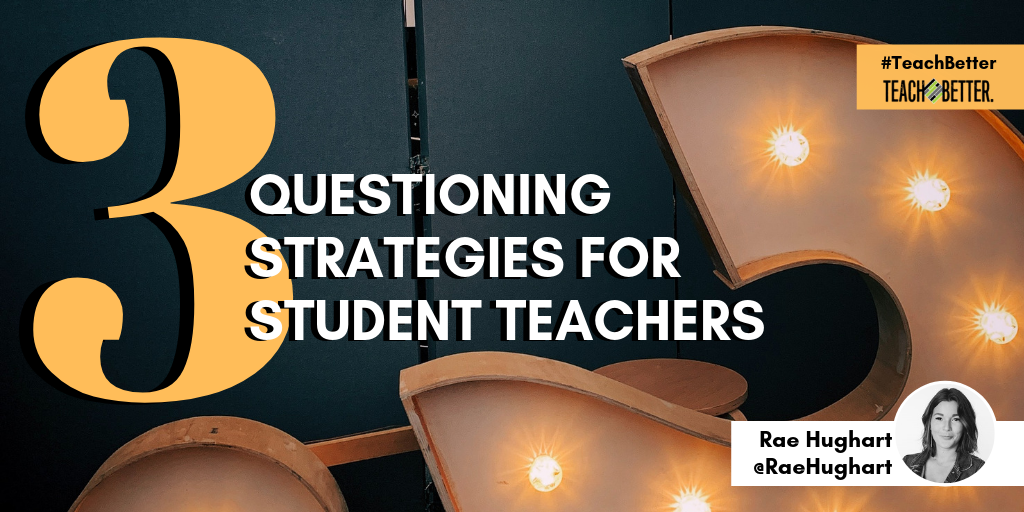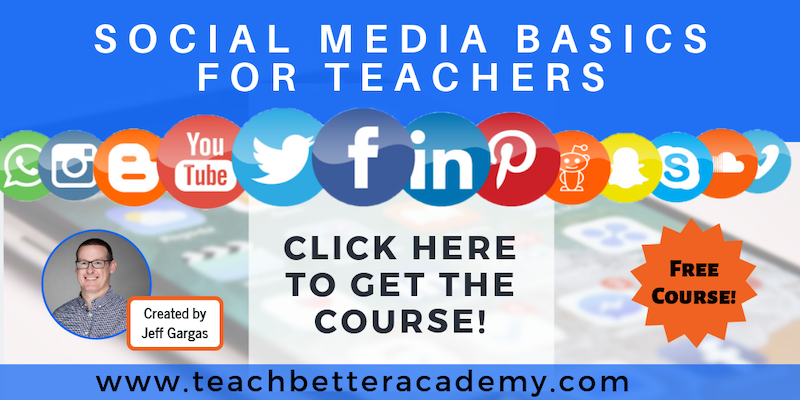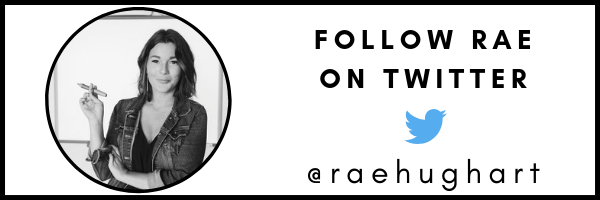In This Post:
- Teacher mentors have a responsibility to facilitate reflective discussions.
- Consider utilizing Webb’s DOK to scaffold your reflective questioning.
- Questions to consider asking related to curriculum.
- Questions to consider asking related to creativity.
- Questions to consider asking related to connections.
Questioning is an essential element of learning. Mentors have a responsibility – an obligation – to facilitate reflective discussions that support a mentee or student teacher to grow. The end goal? Develop a strong, student-focused educator who can better reach their own classroom students in no time! In some aspects, a mentor is like a oak tree… each mentee adds a new branch to reach more and more students.
This is how we impact education.
But how do you ensure your questions are reaching your student teacher the right way?
In some aspects, a mentor is like a oak tree... each mentee adds a new branch to reach more and more students. Share on XFirst off, while this is not a Webb’s Depth of Knowledge Blog, there must be a universal scaffolding we can agree to for questioning. Not sure what Webb’s DOK is? Don’t stress. Here is a blog to help! And if you want to go further, there is a Free Course on Webb’s DOK. For those of you who have taken a course at Teach Better Academy, you’ve probably noticed that each training begins with building a concrete base using Webb’s Depth of Knowledge.
[scroll down to keep reading]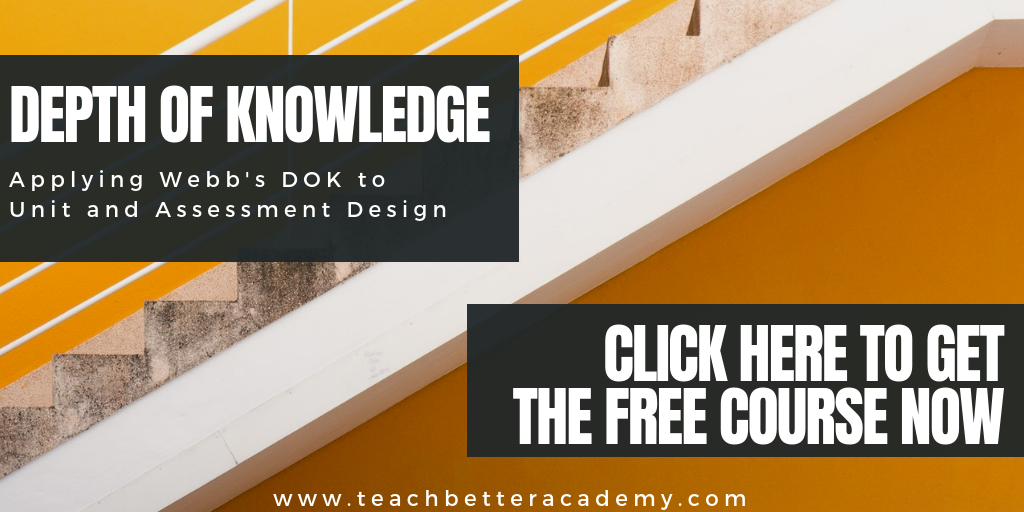
Now let’s dive into the 3 major areas that need questioning for your student teacher’s reflection as they begin teaching in your classroom : Curriculum, Creativity, & Connections!
It’s important to always challenge your student teacher as they begin to take over responsibilities in the classroom. It’s just as essential to provide them feedback on their success.
Curriculum
Here are some questions to guide your student teacher’s reflection on curriculum.
❏ What standards have you addressed? Where did you find areas of success and
opportunities for growth?
❏ How will you assess your students’ learning?
❏ What tools are you utilizing for formative assessments?
❏ Have students met your set targets?
❏ Where have you identified gaps in learning?
❏ What goals have your students set for themselves?
❏ How do you communicate to your students?
❏ How do you communicate to parents?
❏ How are student-earned grades supporting growth?
❏ Do you provide multiple opportunities to prove mastery?
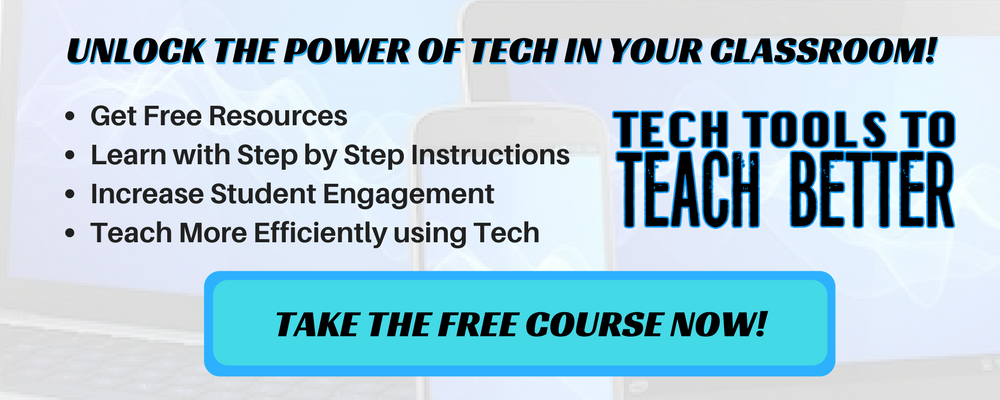
Creativity
Next, it’s time to take it up a notch and dive into creativity! To spark thought in this area try asking :
❏ How have you ensured that you’ve reached all of your learners?
❏ What opportunities have your students had for choice?
❏ How have classroom management procedures supported your classroom?
❏ What innovative tools have you recently tried?
❏ What lesson have you taught recently that you can enhance? What can you add to better
reach your learners?
Connections
Want to add in a real challenge? Let’s talk connections! This is what makes a truly relevant educator. To inspire this type of reflection, try these :
❏ How are you continuing to grow your Professional Learning Network (PLN)?
❏ Where do you feel you still need support? Who can help enhance this area?
When taking on a student teacher it’s often challenging – but the benefits are innumerable! Take on these three different questioning approaches to ensure you build a well-rounded educator who is ready to take on the world with progressive educational practices.
About Rae Hughart
Rae Hughart is a Middle-Level Math and Writing Educator in Illinois and the Director of Training and Development for the Teach Better Team. In 2017, Rae was honored with the Illinois State University Outstanding Young Alumni Award – inducting her into the University Hall of Fame. In 2018, Rae was honored again by the Henry Ford Innovator Award for her work within educators communities to build unity between local businesses and schools.

